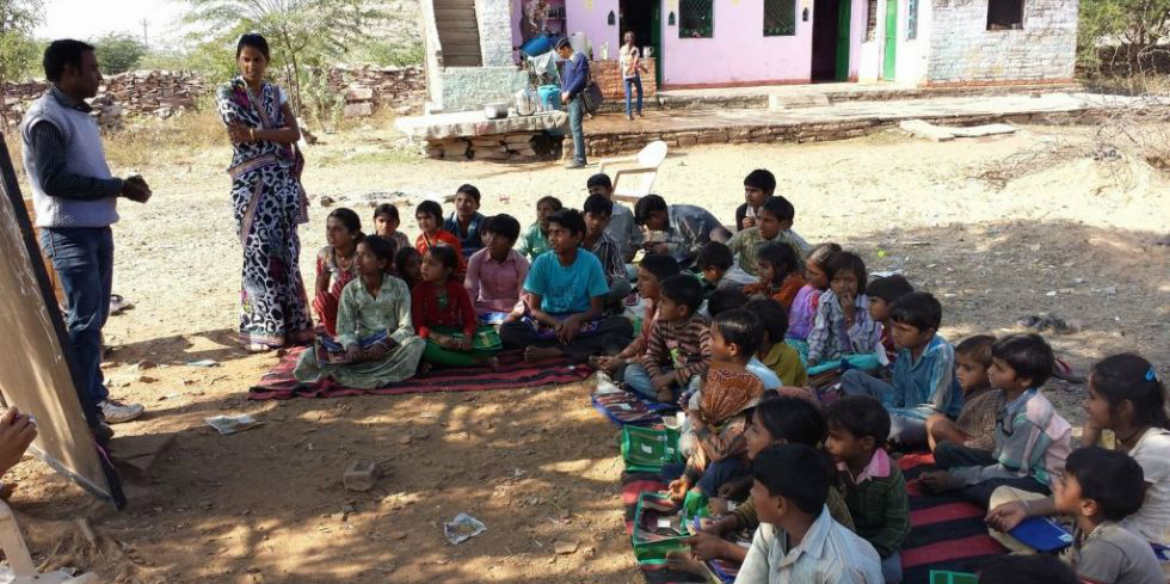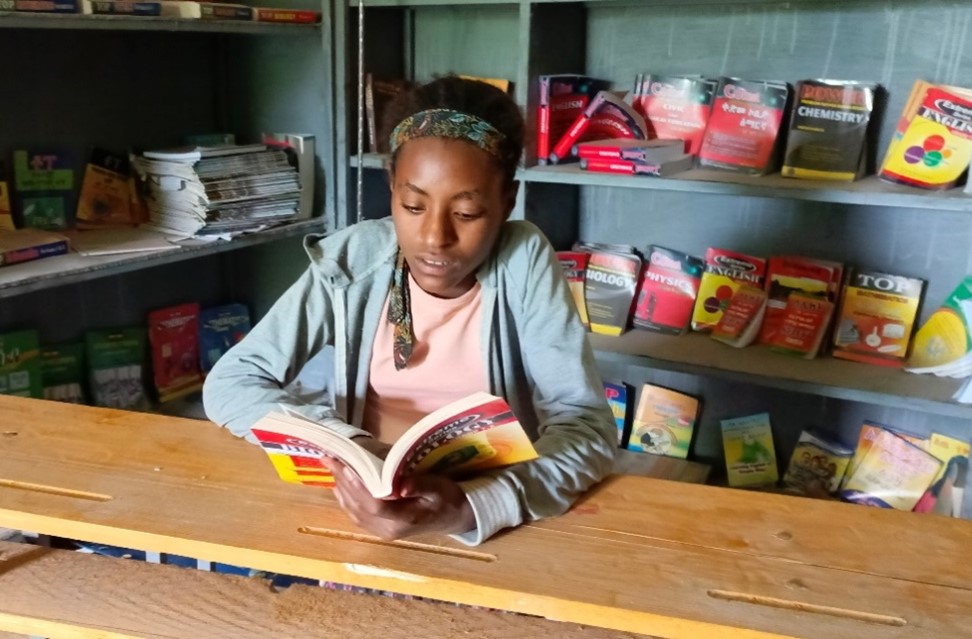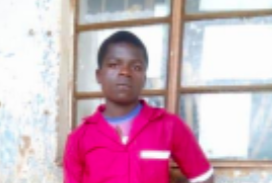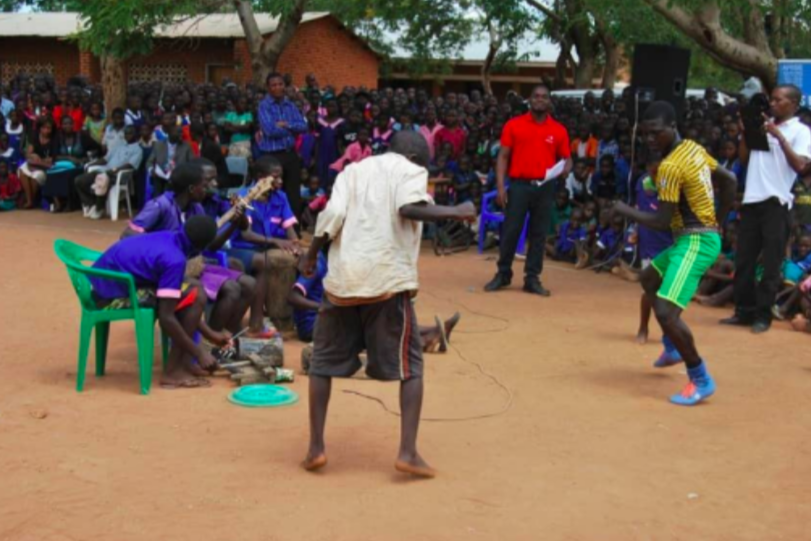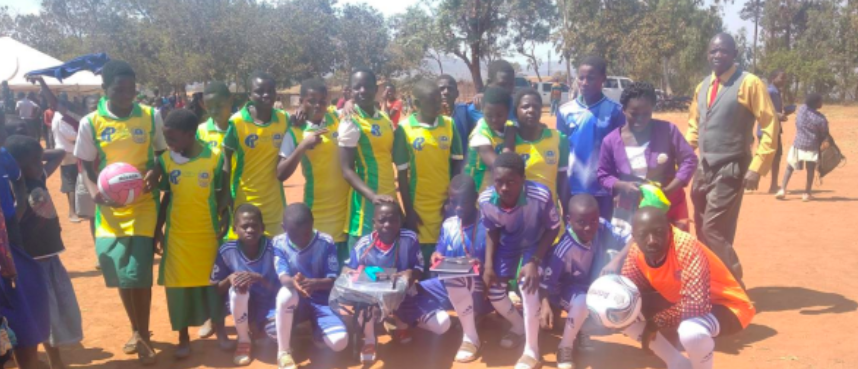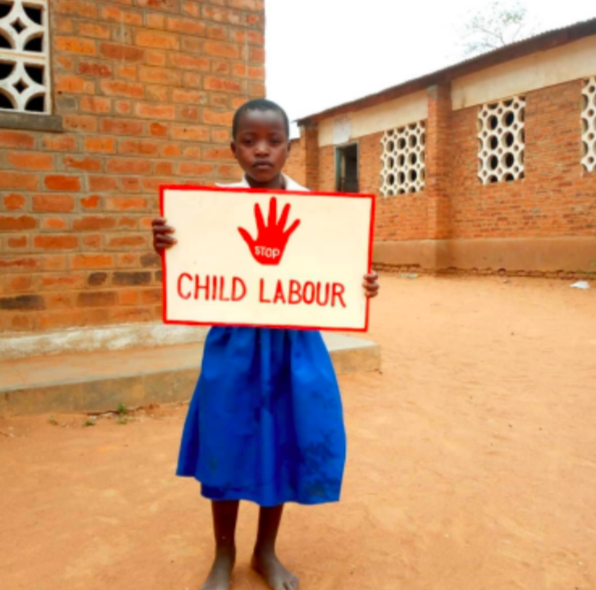Bram Callewier from the Belgian wholesale ‘Beltrami Natural Stone’ writes in his blog about the company’s efforts to combat child labor in the stone sector in India. Together with the Indian NGO Manjari Beltrami is working on the creation and expansion of child labour free zones.
By: Bram Callewier, Beltrami Natural Stone, www.beltrami.be
“You have undoubtedly already seen images of sweatshops in India where young girls are forced to work in the textile sector. A phenomenon in India (and other developing countries) that is not only limited to girls but also extends to boys in other sectors. In our showroom customers ask me sometimes if that’s also the case with natural stone from India. A tough question that unfortunately has an equally tough answer: yes, it is possible that the well-known Kandla setts are cut by children aged 10-15 years. Obviously this leads to indignation among customers! Nobody in Europe would indeed like to see that the products they buy are made by children. And if a company like Beltrami is aware of this, why is this not prohibited or, even better, why don’t they simply stop buying the product?
However the reality on the ground is more complex than appears at first sight. Even after more than five years of engagement with the problem, I still do not dare to say that even at this day we have developed a ready-made solution. The problem is much deeper, as is almost always the case in the prevention of child labour. The cutting of setts (or “cobbles” as referred to in India) is done in a very ‘traditional’ way in which whole families are gathering debris in quarries in the desired colour (Grey/Ochre) and cutting them to size. They sell them to middlemen who are collecting the cobbles from door to door to send them then by container vessel to Europe.
These families often live in poverty, partly because of their low income, but also partly due to a mix of illiteracy, alcoholism, failing health care and the caste system. What’s more, the bad working conditions in the quarries result in families where the man has already passed away and the woman has to manage without pension or life insurance. Now you should know that in this remote region in Rajasthan families often have five or more children. The picture is getting clearer: because of lack of better opportunities, the parents or mothers let their children work to provide an additional income to the family. It’s not an excuse, but a similar situation existed in Europe 100 years ago.
How can you cope with this as an importer of this product? Do you solve the problem by not trading the product anymore? My answer has always been “No”. Not only do you deprive those families of the necessary income (which they otherwise should get insufficiently from agricultural work), but you equally avoid the problem without fundamentally doing something about it. When we were confronted at the time with the problem, we – as Beltrami – decided to do whatever we could do. We’ve gathered information, listened to local people’s problems and went looking for a partner who had the necessary expertise to tackle the problem thoroughly in the long term. This did not go smoothly because not every NGO is walking the talk. We experienced this ourselves in 2009-2012 with the NGO Hadoti (HHSS) from Jaipur. We found that the money we sent did not always reach the local community. Even worse, the project was a bottomless pit without substantial improvement of the long-term situation.
Fortunately, we nowadays have found the right partner. Since 2013 we actively cooperate with a local NGO, Manjari, who is supported by the India Committee of the Netherlands (ICN) from Utrecht and the MV Foundation from Hyderabad in India. The project aims to decrease the influx of new child labourers and to send working children back to school. It is important that they try to reorganise the existing imperfect system of public schools, instead of building new ones. Much less reliable organisations are all too eager to propose this as a quick fix. We started on a very small scale with a focus on four villages in Parana-Budhpura where the situation is worst. Everyone’s involvement is expected, not just only of parents but also of village chiefs (panchayat), local authorities, suppliers and of course ourselves. Without support from bottom to top the project will not succeed. Local ‘education councils’ and parent committees are newly formed and people are urged to send their children to school instead of to work.
One year has passed now, and after my last visit in early September 2014 I can say that we are indeed making progress. In the meantime, four government schools that were once almost abandoned are again in use and the necessary teachers are available daily. An application to the government for two additional schools to be re-activated is ongoing. While in August 2013, only 50% of the children went to school in these villages, this figure is currently at 66%. The group of older children (12-15 years old) appears to be the most difficult. They have already developed a spending pattern, often on wrong things such as alcohol and tobacco, and it is very difficult to convince them of the surplus value of an education for their future. However Manjari persists in making efforts to convince that group and their parents of the importance of this.
The NGO also tries to address other causes of child labour by urging the government, among other things, to fulfil their duty to provide health care in this region. This is organised in the form of a health camp and is completely free of costs. This decreases the costs families have to spend on health care and limits the chances of abuse by expensive local quacks. Widows are equally informed that they are entitled to a widower’s pension from the government. Already 31 women exercised their right to this pension through Manjari and hence, it is less likely that they will put their children at work. For the coming year Manjari hopes to be assigned more teachers to organise more classes according to age. They also want to provide everyone with a bank account, especially now that the new Prime Minister Narendra Modi seems to throw his weight behind this. It may seem futile for us but most people in these remote areas have no identity papers and consequently cannot apply for a bank account. Without a bank account, there is no real possibility to save money or to obtain a health or any other insurance.
Perhaps these small actions are all drops in the ocean, but it has to start somewhere. I feel personally very involved in this project because our responsibility is so large. Beltrami is one of the largest importers of Kandla setts in Belgium and France. As a socially conscious entrepreneur, I think it speaks for itself that we take our responsibility here. Or to say it with the legendary words of Mahatma Gandhi: “You must be the change you wish to see in the world”.”
>> Read more about what companies can do to eliminate child labour

